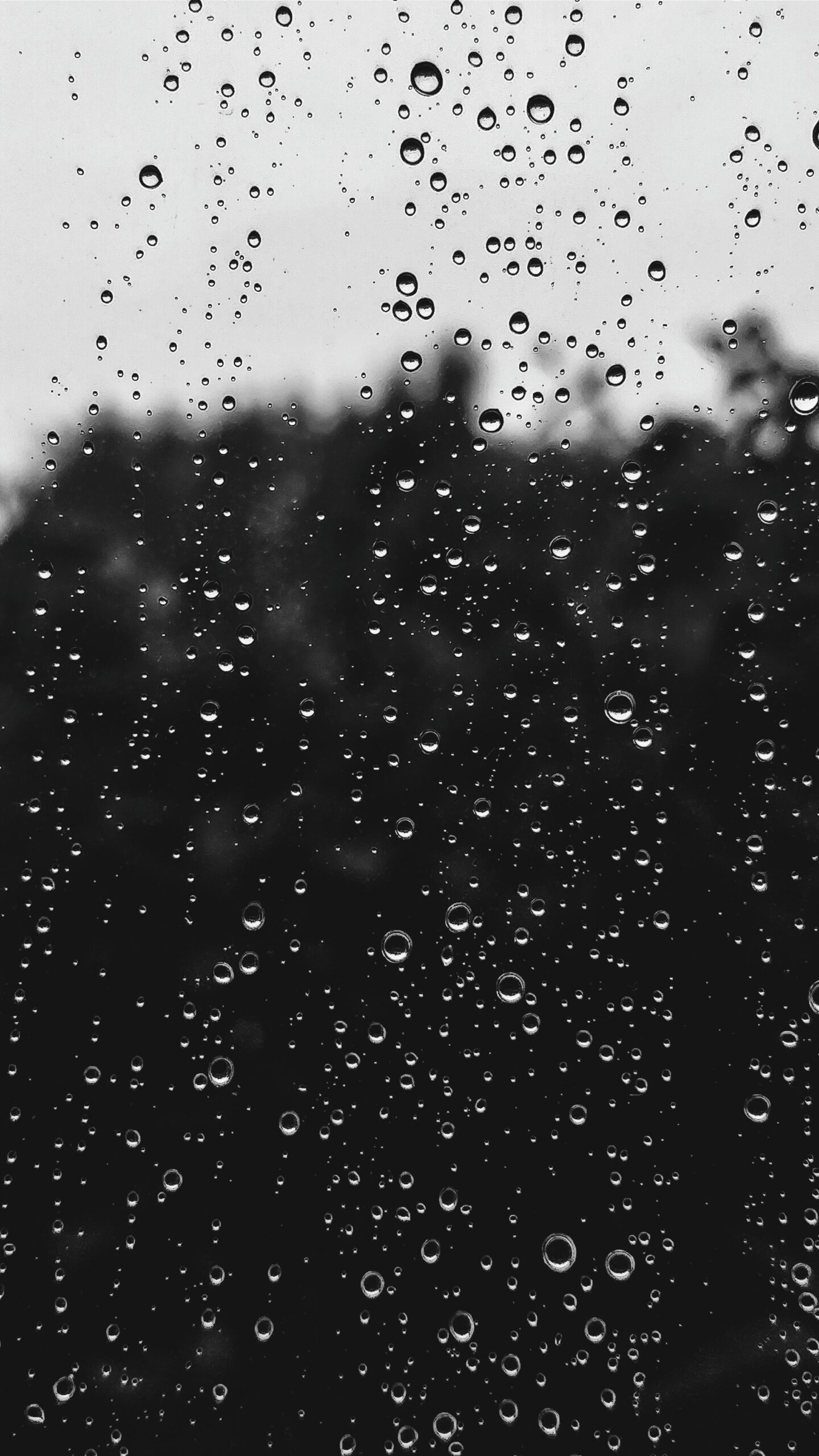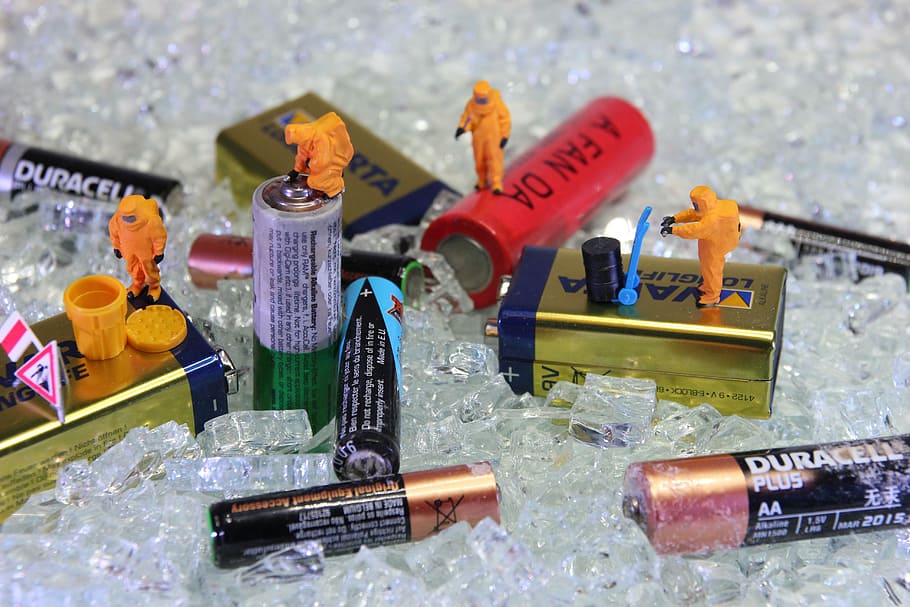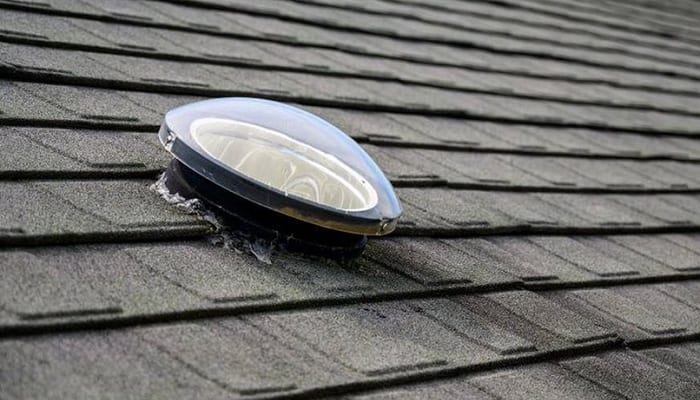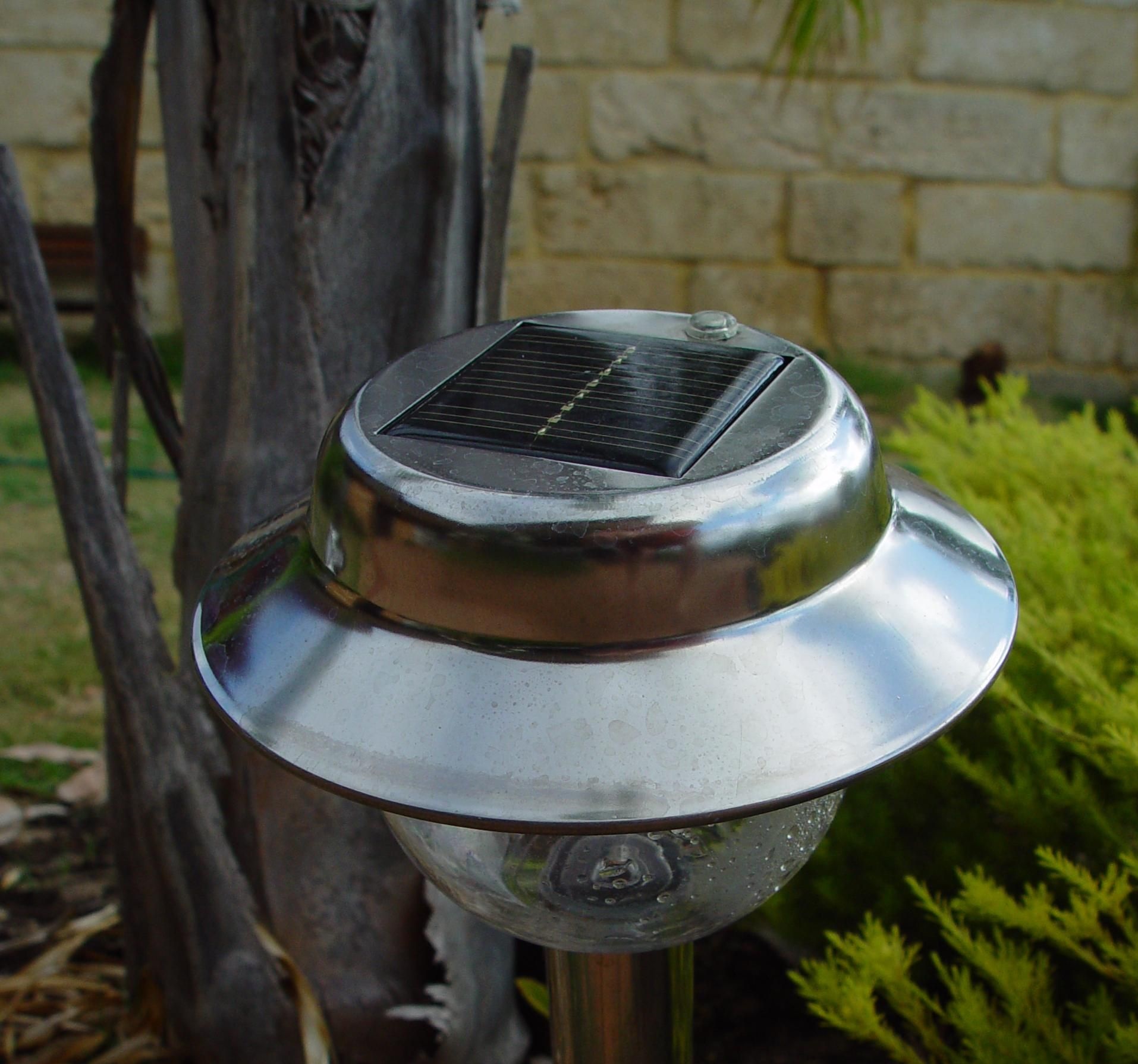Solar power is an amazing source of renewable energy because all they need is sunlight and a solar panel to work. Unlike expensive and destructive oil and gas expiration, or coal mining, solar is clean and doesn’t destroy the environment.
However, solar power is not without its drawbacks. One issue with solar panels is that their power intake is impacted by a lack of sun. When it is nighttime for example, or if they are placed in shade, a solar panel is essentially ineffective. When it’s partially shaded or obstructed, its power capture will be reduced. One way in which a solar panels efficiency is reduced is by rainfall. Though clean water is useful when you’re off-grid. it can also pose a challenge to sun power capture. But how is a solar panel impacted by rain, and does rain fully stop the solar panel from working? We’ll dive into this and more in this article.
Do Solar Panels Work When It Rains?
Solar panels still work when it rains, but depending upon the conditions, there efficiency can be greatly reduced. Remember, any blockage or obstruction of direct sunlight radiation will reduce a solar panels energy production. Thus, if there’s rain coming down, some sunlight is being obstructed or obfuscated and thus there’ll be an impact: but how much of one?
Well, the impact of rain on solar panel power production has as much to do with the cloud cover that is creating the rain as it does with the rain itself. The cloud cover plays a bigger role in blocking sunlight then the rain, and the two together combine to reduce efficiency. So if you’ve got thunderstorms or lightning, there can definitely be issues.
So overall, a solar panel should not be damaged by rain or go completely offline, but they will likely have reduced sunlight access and thus lower power output.
How Much Does Rain Reduce Solar Panel Efficiency?
Rain and clouds will impact solar panels to a different degree depending upon the severity of the storm.
A light cloud cover and rainfall might only marginally reduce solar panel efficiency, while a heavy rainfall with large clouds over the solar panels could reduce efficiency by over 90%.
Why Does Rain Reduce Solar Panel Efficiency?
Rain and cloud cover reduces the total sunlight (known formally as irradiance) that your solar panels will receive. When this occurs, your solar panels receive less optimal sunlight and will often miss the optimal peak sun hours target of 4-6 hours/day. Thus, your solar panels receive less direct sunlight and are able to produce less energy. This then means your investment and overall performance is reduced greatly.

Should I Get Solar Panels If It Rains A Lot Where I Live?
While we should all do our part to combat climate change, we also need to be realistic about whether solar panels are the right choice for our property. While yes, there’s sunlight everywhere on earth, some areas have climates and weather patterns which receive much less direct sunlight than others. Additionally, the angling and setup of your panels will impact your sunlight capture a lot as well, and if the weather tends to emanate from certain areas, this would be something to consider.
Ultimately, you should be aiming for around 4-6 hours of solid direct sunlight onto the array of your panels a day in order to maximize your solar power production. If you average that out across a year, and take into account rainy/cloudy seasons, that possibility may become dubious for folks in certain climates. While solar panels will still work for you, you simply won’t get the same output or overall ROI as someone in say California might if you live in London or another rainy city.
Can Rain Damage My Solar Panels?
Normal levels of rain should not damage well-designed and installed solar panels. While solar panels aren’t exactly ultra-durable, good brands design their panels to withstand ordinary elements. That said, if your solar panels face extreme conditions like torrential downpours, hail, extreme snow, or other uniquely strong weather occurrences, it’s possible your panels will be damaged. There are some steps you can take to reduce the likelihood of damage and accumulated wear and teat, like proper cleaning and reducing snow presence on your panels. But that said, freak accidents and extreme weather will always pose challenges to energy systems, be they solar panels or oil rigs or wind turbines.
How Do Clouds and Fog Impact My Solar Panels?
As touched on earlier, the impact of rainfall on solar panel irradiance is mostly driven by increased cloud cover and obfuscation of sunlight. The same can be said for fog, which has a similar quality to clouds and which also blocks sunlight from reaching your panels. Any obstruction, be it clouds and fog or dust and dirt, which is between the sun and your panels will cause issues for your power production. So be aware of your climate and the angling of your solar panel array when you are planning out the installation.
Conclusion
While solar panels should not be damaged by occasional and normal levels of rainfall, rain does reduce solar panel efficiency by lowering the amount of sunlight / irradiance that the panels receive. This in turn reduces your power generation and your total ROI on your investment in solar panels. If you live in a particularly rainy or cloudy area which has fewer days with 4-6+ peak sun hours, solar power might not be the right choice for you. But other than folks in those areas, you shouldn’t worry too much about the impact of rain on your panels, as you still plan to receive good amounts of sunlight and solid overall power production even during rainy or cloudy periods of the year.
Frequently Asked Questions
How efficient are solar panels on a rainy day?
Solar panels have reduced efficiency on rainy days, with diminishing production as low as 95% in heavy cloud and rainfall conditions.
What happens to a solar panel when it rains?
A solar panel should be able to withstand rain and not suffer physical damage, but it will have reduced power output because of the reduced sunlight it will receive.



